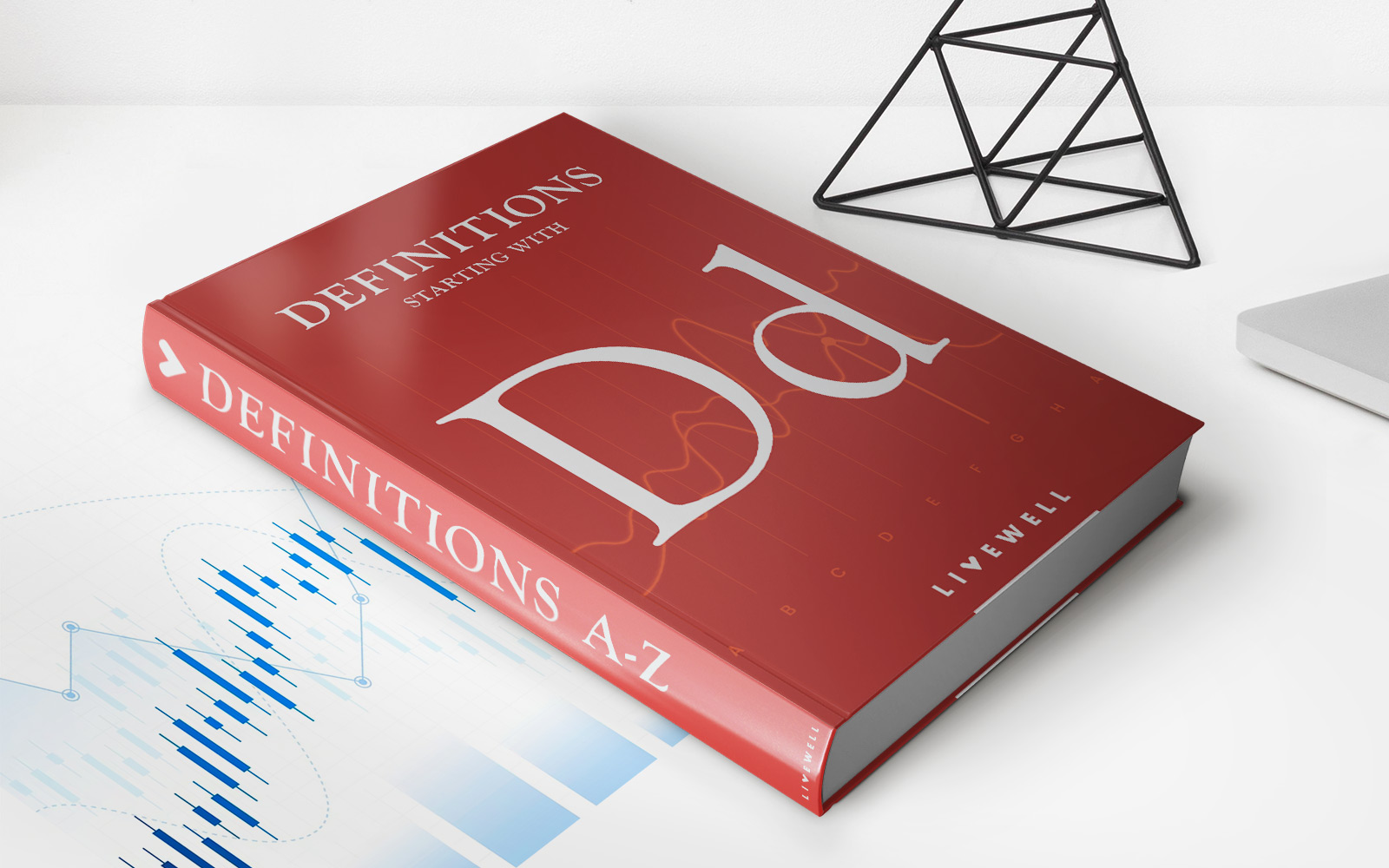

Finance
Duopsony Definition
Published: November 15, 2023
Learn the definition of duopsony in the field of finance and explore its implications in the market. Understand the significance of this term in the context of supply and demand.
(Many of the links in this article redirect to a specific reviewed product. Your purchase of these products through affiliate links helps to generate commission for LiveWell, at no extra cost. Learn more)
Understanding Duopsony Definition: An Essential Concept in Finance
Welcome to the FINANCE category of our blog! In today’s post, we’ll unravel the concept of duopsony, a term frequently mentioned in discussions about market structures and competition within the finance industry. Whether you’re an industry professional, a student, or simply looking to expand your knowledge on economic principles, this blog post will provide you with a comprehensive understanding of duopsony and its significance in finance.
Key Takeaways:
- Duopsony refers to a market structure where there are only two dominant buyers, giving them significant market power.
- This concept is vital in understanding how the balance of power between buyers and sellers can affect competition and prices within the finance industry.
What is Duopsony?
Duopsony is a term derived from the combination of “duopoly” (a market structure with two dominant sellers) and “monopsony” (a market structure with a single dominant buyer). In duopsony, a market is characterized by having only two dominant buyers, which grants them substantial market power.
It’s essential to understand that duopsony is a relatively rare market structure compared to more common forms of market organization. In many industries, you’ll find a larger number of buyers or a more diverse market structure. However, in certain instances, duopsony can arise and significantly impact market dynamics.
Duopsonistic market structures are often seen in industries where there exist a limited number of suppliers compared to the buyers. Examples of such industries include government procurement, where only a few suppliers are capable of meeting specific requirements, or the agricultural sector, where large food processing companies exert significant influence over farmers.
How Does Duopsony Impact Finance?
Understanding duopsony is crucial in analyzing how the balance of power between buyers and sellers influences competition and prices within the finance industry. Here are two key ways in which duopsony can impact finance:
- Reduced competition: In a duopsonistic market, the dominance of the two buyers restricts sellers’ options, shrinking their ability to negotiate favorable prices. This lack of competition among buyers can lead to reduced market efficiency and weaken the bargaining power of sellers, potentially enabling buyers to dictate prices and terms.
- Price manipulation: With limited buyers, the duopsonists wield considerable market power, allowing them to influence prices by manipulating demand. They can drive down prices by exploiting their dominance or use their market power to negotiate lower prices with suppliers, affecting the profitability and sustainability of sellers in the finance industry.
It’s crucial for policymakers, market participants, and industry observers to carefully monitor and assess cases of duopsony to ensure fair market practices and prevent any potential exploitation. By understanding duopsony and its impact, we can better navigate the complexities of the finance industry and make informed decisions.
In Conclusion
Through this blog post, we have explored the concept of duopsony and its significance in the finance industry. Duopsony refers to a market structure where only two dominant buyers exist, granting them substantial market power. In finance, duopsony impacts competition and prices, leading to reduced competition and the potential for price manipulation.
By grasping the concepts of duopsony and its implications, we are better equipped to understand the dynamics that govern the finance industry. This understanding can help industry professionals, students, and enthusiasts alike make informed decisions and contribute to a more competitive and transparent market.














